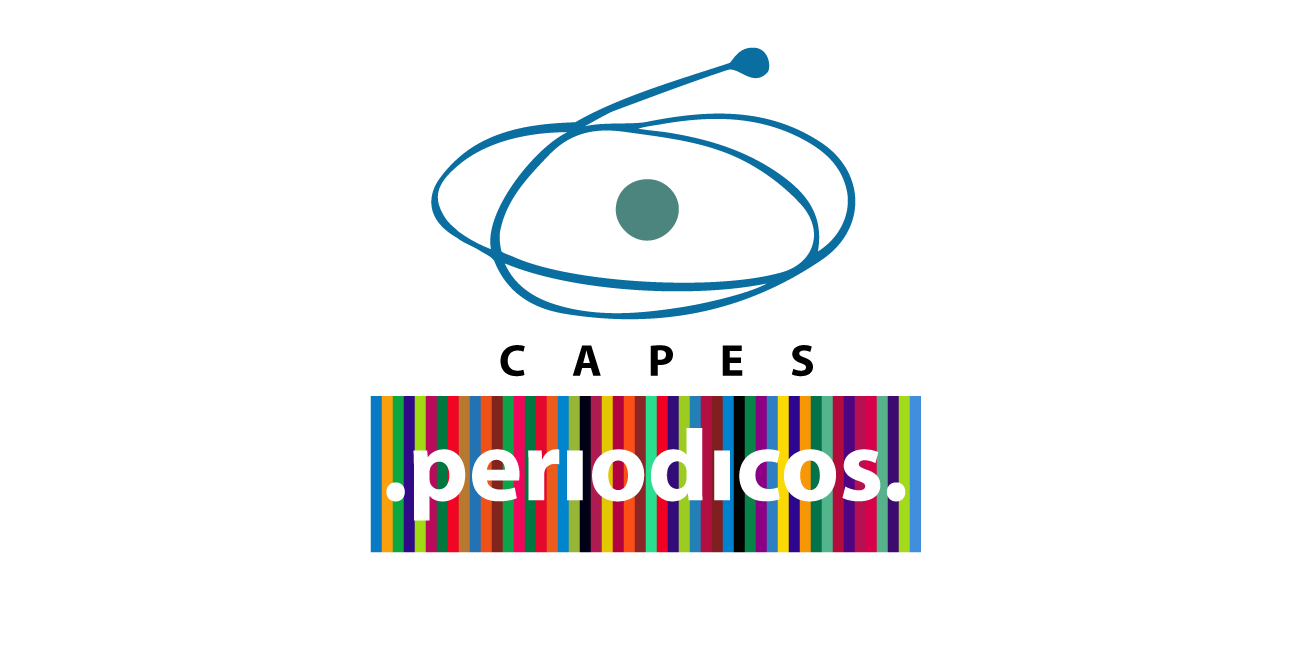THE DEBATE BETWEEN LUIGI FERRAJOLI AND ABOLITIONISTS: BETWEEN THE ATTRACTION OF THE FEAR DISCOURSE AND LIBERTY PRACTICES
DOI:
https://doi.org/10.17765/2176-9184.2016v16n2p543-561Keywords:
enal Abolitionism, Penal Guaranteeism, Luigi Ferrajoli, Criminal policiesAbstract
From the beginning of the century, Ferrajoli´s penal guaranteeism has been accepted by several Brazilian jurists. Foregrounded on neo-contractualism, the political-criminal trend aims at the rationalization the punishing authority. It is different from the classical minimalist perspectives since it contains a pessimist strain with regard to the exercise of Penal Law, with a trend towards abuse. Skepticism does not mean overcoming the bases of the State´s law reinforcement apparatus. Current paper problematizes Ferrajoli´s criticism against the Abolitionists´ flows. We will indicate libertarian routes and underscore the limits of theory, acknowledged by the Italian jurist, but ignored by most of his followers. Results show that penal garanteeism constitutes an un-practical theory: its ties to metaphysics and the need to rethink punishment as from the pain that reveals it.Downloads
Additional Files
Published
2016-08-31
How to Cite
Ávila, G. N. de. (2016). THE DEBATE BETWEEN LUIGI FERRAJOLI AND ABOLITIONISTS: BETWEEN THE ATTRACTION OF THE FEAR DISCOURSE AND LIBERTY PRACTICES. Revista Jurídica Cesumar - Mestrado, 16(2), 543–561. https://doi.org/10.17765/2176-9184.2016v16n2p543-561
Issue
Section
Doutrinas
License
A Revista se reserva o direito de efetuar, nos originais, alterações de ordem normativa, ortográfica e gramatical, com o intuito de manter o padrão culto da língua, respeitando, porém, o estilo dos autores. As opiniões emitidas pelos autores são de sua exclusiva responsabilidade.
Os direitos autorais pertencem exclusivamente aos autores. Os direitos de licenciamento utilizado pelo periódico é a licença Commons Atribuição 4.0 Internacional. São permitidos o compartilhamento (cópia e distribuição do material em qualquer meio ou formato) e adaptação (remixar, transformar, e criar a partir do trabalho, mesmo para fins comerciais), desde que lhe atribuam o devido crédito pela criação original.
















